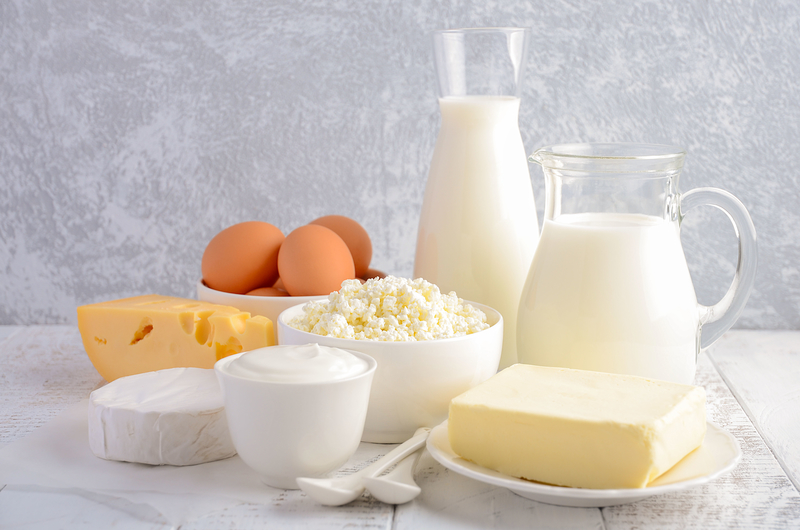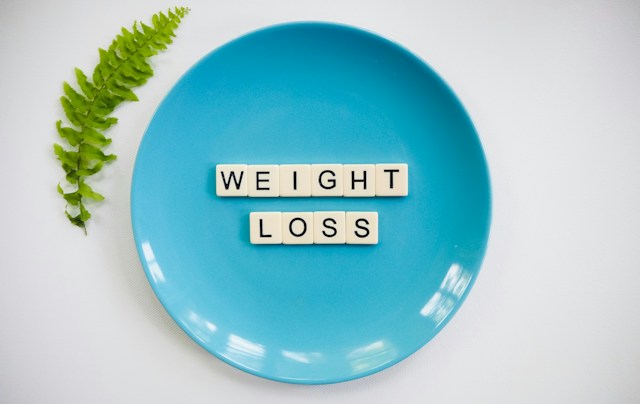Yes! Fats are unquestionably good for the body. Fat is a ready source of energy and diets such as the HCG diet encourage fatty foods in their protocol. The bodies of people who lack fat start to burn their muscles and organs for energy, which leads to death.
When fats are utilized, they have twice as many calories per gram as carbs or proteins. A gram of fat is about nine calories. Fat is also necessary to carry fat soluble vitamins around the body. These are vitamins A, D, E and K. As fat helps the body absorb vitamin D, it makes calcium available to the body to build strong bones and teeth. Fat helps turn beta carotene, a nutrient found in green leafy vegetables, into vitamin A.
Deposits of fat cushion the internal organs and hold them in place. These organs include the heart, the kidney and the liver. Fat insulates the body from cold and keeps body heat from escaping too quickly. Fats give bodies their shape and slow down digesting by slowing down the rate at which the stomach secretes hydrochloric acid. Researchers believe that this is why fatty meals give a person a prolonged sensation of fullness.
Fatty Acids
Fatty acids are substances that differentiate one type of fat from another. There are two types: saturated and unsaturated. Saturated fatty acids most often come from animals, save coconut oil. Unsaturated fatty acids usually come from vegetables, nuts, or seeds, although they are also found in grass-fed meat and eggs. These oils include those from corn, safflowers, olives and walnuts. Margarines and vegetable shortening have been hydrogenated, which means that the unsaturated oils they are made of are converted into solids.
There are two essential fatty acids. They are called essential because the human body can’t make them on its own. They are linoleic and alpha-linolenic acids, and they are necessary to create omega-3 and omega-6 fatty acids. These fatty acids are necessary for the health of the body. They support normal growth, healthy blood, blood vessels and nerves, and keep the skin and other tissues supple and youthful. A deficiency in fatty acids can lead to skin conditions such as eczema and other problems with the skin. However, too much omega-6 can cause heart disease, diabetes, or cancer, which is why omega-3s are so important. They are also necessary for transporting and breaking down cholesterol.
What is Cholesterol?
Cholesterol is a lipid, or a substance related to fat. Many people are afraid of cholesterol, but it is also necessary for good health. Cholesterol is needed to created hormones, vitamin D, and bile, a liquid made by the liver which helps to digest fats. The cholesterol that worries people is LDL cholesterol, which can accumulate in the arteries and lead to cardiovascular disease. On the other hand, HDL cholesterol carries LDL cholesterol to the liver, where it is processed.
Too Much Fat
Problems arise when there is too much fat in the diet, which is a huge problem in the western world. Too much fat can lead to cholesterol being stored in places around the body where it should not be, such as the arteries. It can cause a person to become obese. Obesity is when a person's weight is 20 percent higher than what's considered normal. Not only this, if the person stores too much fat but does not take in enough carbohydrates or water, the body can’t metabolize the fat properly. This can cause the fat to actually become toxic to the person’s body.
Body Fat Types
There are different types of fat in the body:
Brown Fat
Surprisingly, skinny people tend to have more of this type of fat than people who are overweight or obese. Children also have more of it than adults. It keeps people warm and can burn calories. Because it does burn calories, doctors are looking for a way to help overweight people lose weight by burning their own brown fat more efficiently.
White Fat
The amount of white fat in the body is much greater than the amount of brown fat. White fat is the type of fat that helps the body make hormones. It also stores energy. White fat makes adiponectin, a hormone that helps the body become sensitive to insulin. Insulin is the hormone produced by the pancreas that helps break down glucose. Because of this, adiponectin protects against diabetes. However, if person is overweight, they don’t produce as much adiponectin. This might be why overweight people are more at risk for type 2 diabetes.
Subcutaneous Fat
This kind of fat forms a type of mattress right beneath the skin. A lot of this type of fat on the buttocks and thighs may not be problematic, but it may cause problems if it’s found on the belly.
Visceral Fat
One of fat’s jobs is to cushion and stabilize the internal organs, but if there is too much visceral fat, a person can be in trouble. They can tell that they have too much visceral fat if they have a big belly. A lot of visceral fat puts people at higher risk for all sorts of medical problems, including cardiovascular disease. Even the chances of getting dementia seem to be higher if a person has too much visceral fat. Doctors suspect that visceral fat makes the body insensitive to insulin, which increases the risk of diabetes. Diabetes itself can lead to a great many comorbidities.

Getting Rid of Fat
Some people who are morbidly obese find that they can’t lose their fat through diet or exercise. Because of this, they turn to bariatric, or weight loss surgeries. Some of these surgeries reduce the volume of the stomach, or rearrange different portions of the lower GI tract. Because of this, the patient feels full after eating a very small meal and loses weight rapidly. In some cases, patients who were diabetic or had other problems related to their weight saw those problems resolved after the surgery.
Other people who are not obese but are frustrated with areas of stubborn fat around their body have cosmetic surgery that removes the fat. These include liposuction, which mechanically pulls fat from unwanted areas and abdominoplasty, which surgically removes fat from the abdomen and tightens up the muscles, skin and other tissue.
One benefit of fat is that it can be used as a dermal filler. A patient who has had liposuction can have their own fat reinjected into areas in their face that are thin and need more volume.
Conclusion
In the end, fat is a good thing. It helps the body use nutrients, create hormones and stay warm. It simply becomes problematic when there is too much of it in the body.
References & Resources:
- The Truth About Fat
- Essential Fatty Acids
- The HCG Diet Protocol
- Guide to the Keto Diet
- Why You Should Be Eating Soy-Free Pastured Eggs
- We Have Got Cholesterol Completely Wrong


